To say that communication skills have broken down in a family where someone is suffering from alcoholism or drug abuse is putting it mildly. As the disease of addiction progresses, constructive communication falls by the wayside. Often the alcoholic or addict will become isolated, refusing to communicate at all. At the opposite extreme, so-called communication may take place in the form of abusive language and physical violence. Because denial is the No. 1 symptom of addiction, everyone in the family becomes embroiled in lies, deceit, threats and bribes. Once treatment for addiction begins, learning healthy communication skills is important. Most successful treatment programs help family members figure out what to say and how to say it. All family members can benefit from support as they deal with hard truths, shame and guilt. They also need to learn how to build trust with one another.
Family Members Can Support Without Smothering
Family support groups and family therapy are the places to deal with feelings of betrayal and confusion. An objective person can intervene if family members and addicts begin to point the finger of blame or to shrug off important issues. When families are alone, it is helpful to keep some general suggestions in mind in order to avoid conflict in early recovery.
- Stick to “I” statements – As soon as a sentence begins with “you,” the tone can become accusatory. Using “I” statements helps keep conversation factual and neutral.
- Practice active listening – As an addict begin to open up, active listening can help increase the comfort level. By learning how to reflect back what you have heard, you help the other person feel acknowledged.
- Avoid the word “why” – As soon as you begin a sentence with the word “why,” you put the person on the other side of the conversation on the defensive. If the question to do with something in the past, remember that the past is over. Nothing can change it, including rehashing it over and over.
- Recognize the importance of body language – Posture and facial expression can speak volumes. In fact, more communication takes place through body language than actual words.
Effective communication in any situation takes awareness and practice, but doubly so in recovery, where raw feelings often are on the surface. Learning to speak honestly to one another without fear is part of the recovery process.


Recent Comments